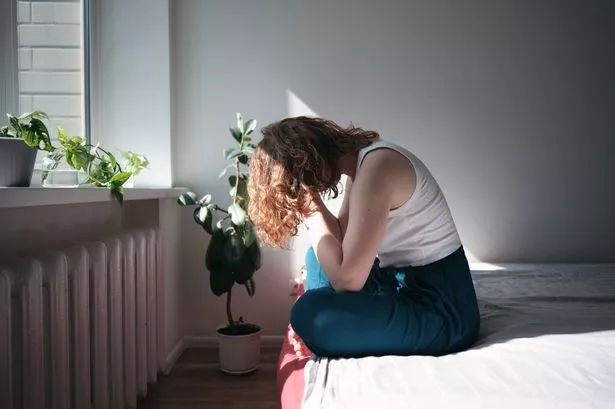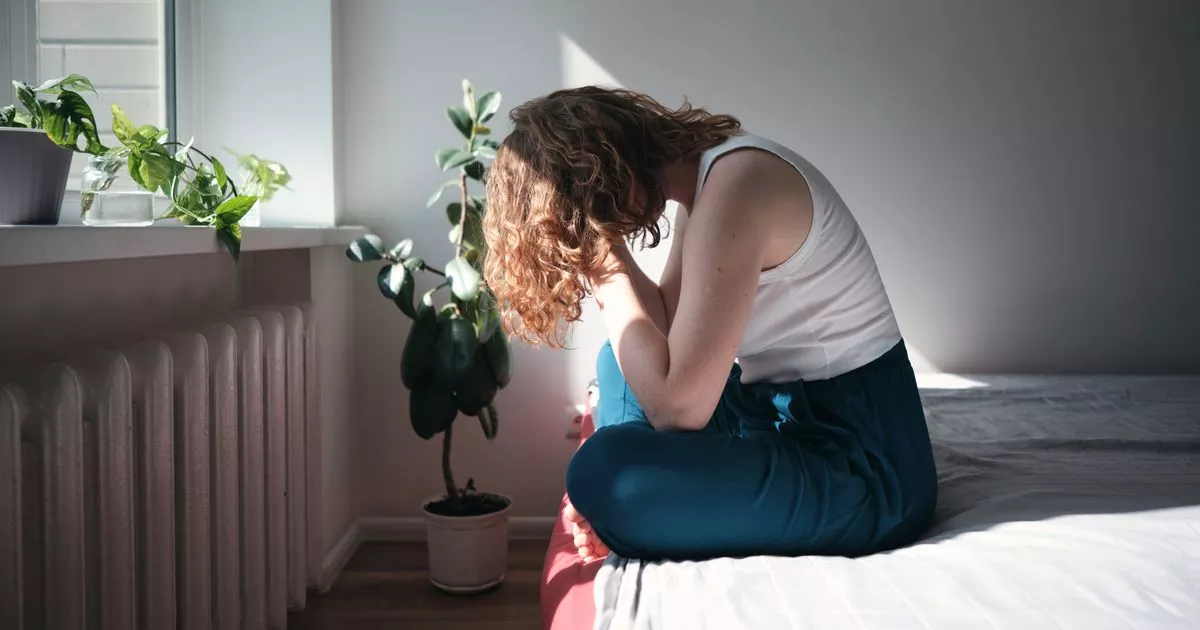A woman who tried a number of treatments, including therapy and self-help books, to help heal her anxiety said nothing worked until she found an underrated method – but she didn’t like it at first
13:01, 11 Sep 2025Updated 15:05, 11 Sep 2025
 The woman struggled with serious, debilitating anxiety for years but has since found a cure (stock image)(Image: Getty Images)
The woman struggled with serious, debilitating anxiety for years but has since found a cure (stock image)(Image: Getty Images)
A woman has shared how she managed to get on top of her anxiety, but has warned others they may not like the method when they first try it. Feeling anxious from time to time can happen to all of us, but those of us who experience more frequent, intense bouts of anxiety may suffer from conditions such as generalised anxiety disorder (GAD), a more serious but common mental health condition.
The NHS states main symptom of this condition is “feelings of stress or worry that affect your daily life and are difficult to control”, but other symptoms can be prevalent too. People with GAD may experience “difficulty sleeping; feeling restless, irritable or finding it difficult to concentrate; feeling lightheaded or dizzy; low mood or depression,” and more.
It’s important to seek professional help if you believe you have an anxiety disorder, and there are a number of treatment options available. But whether you have anxiety or just notice it creeping up from time to time, teacher and podcast host Maggie Sterling recently took to TikTok to share a technique that can help for many people – including her.
In her video, which has so far been viewed more than 772K times, Maggie detailed all the methods she’d tried to manage her symptoms, including therapy and self-help books.
She then said: “About a year ago, I finally found the solution. The problem is, you’re not going to like it because it’s not an easy fix but man, it is an effective fix.”
She continued: “Here’s what you’re going to do with your anxiety next time it comes up: you’re gonna let it be there. I know, please stay with me.
“You’re going to let the anxiety be there, you’re not going to fear it, you’re not going to focus on it, you’re not gonna get frustrated about it, we’re not going to do any of that.”
Content cannot be displayed without consent
Maggie said ‘quick fixes’, such as meditation, can be ineffective for some people. She also said taking medication as an immediate response to a spell of anxiety may not work, although she does recognise the importance of medication as a helpful and necessary treatment option for people with ongoing problems with anxiety.
Maggie referenced Dr Claire Weekes’ book, Hope and Help for Your Nerves, which details the importance of letting the anxiety “float through your body” and choosing to “welcome” the negative feelings rather than flee from them.
Maggie then said: “No one ever told me to allow it [anxiety] and, to be honest, I probably wouldn’t have listened to them anyway but please take it from someone who has tried everything.”
She urged people to “allow” their feelings of anxiety then sit with them, letting them to pass through their body rather than trying to answer them, or “urgently” act on them in a bid to “fix them”.
In the comments section, people shared their own experiences with anxiety.
One person said: “YUP! My anxiety told me ‘something bad is about to happen’ and I cured it by responding, ‘ok let it happen I’m ready.’
“It’s all about stopping the cortisol cycle and POOF there goes the anxiety (not that simple but [you know what I mean]). Cognitive Behavioural Therapy teaches this.”
Someone else said: “‘Do it scared’ changed my life. Also I view my anxiety as a wall and sometimes I just run directly at it because most of the time it’s not a real wall and it’s just a plastic curtain which looks like a wall”.
A third advised: “Remember it’s a bad day not a bad life.”
Someone else added: “Acceptance. It will go away if you accept it. Took me 10 years to figure it out.”
The NHS states: “Most people feel anxious sometimes. It does not always mean you have GAD. It’s more likely to be GAD if you feel anxious most of the time and it affects your everyday life.”
If you’re worried about your anxiety, or you feel you may have GAD, book an appointment with your GP.
